A Tomb Sweeping Easter On Bird Pagoda Hill
Sunday, April 08, 2012
 Shangrao, Jiangxi, China
Shangrao, Jiangxi, China
Hey Hey and a Big G'Day toya,
Tombs, Tombs, Tombs!
At this time of the year, it’s all about tombs!
Prior to everyone back home in Australia entering the Easter celebrations, things of a different kind were being celebrated here in China. Both just as strange and mythical as each other, burning paper offerings such as money, watches and cell phones here in China, whilst back home in Australia an Easter Bilby performed the work of Santa and laid chocolate eggs in people’s yards to be hunted by children like pirates to treasure.
Both are not just for the spiritual though as they allow families to gather, and enjoy each other’s company which is for many, only once or twice a year.
First a bit on the Australian Easter Bilby
On Easter Sunday, Christians celebrate the resurrection of Jesus Christ after his crucifixion. The four day Easter weekend marks the end of the summer season for most Australians. Christians believe that Jesus Christ was sentenced to death by crucifixion by Pontius Pilate, the governor of Judea. He was crucified on a Friday and when he died, he was laid in a tomb. On the following Sunday, a group of women visited the tomb and found it empty as Jesus had been brought back to life.
Many of the Easter customs originate from customs tied with the spiritual beliefs of Europeans in pre-Christian times. In Europe, Easter marked the beginning of spring. As winter passed, nature returned to life and birds began laying eggs. Small animals, such as rabbits, came out of hibernation and could be seen running around and mating in the fields. Various symbols are associated with Easter. Christian symbols include crosses, Jesus' empty tomb and the white and gold vestments (robes) worn by priests and church leaders.
Other symbols include Easter eggs, rabbits, chocolates and the Easter bilby.
Traditionally, Easter eggs were supposedly delivered by the Easter rabbit or bunny which is similar to the tradition in many European countries. However, rabbits were/are seen as pests in Australia, as they destroy crops and natural habitats. For these reasons, there has been a movement to suggest that Easter eggs are hidden by the Easter bilby, but for me Easter Bunny always seemed to beat the Easter Bilby. The bilby is a small, shy mammal with big ears, which is native to Australia and an endangered species. It is possible to buy Easter bilbies made from chocolate and some of the profits go to help preserve these animals.
Now crossing back to me here in China
We worked last weekend (31st & 1st) and I then I had the following three days free to explore the normal yet strange happenings in the world around me as here in rural China, the afterlife is also a very serious matter. I took a few walks on what I have dubbed Bird Pagoda Hill which is found just across the walking bridge from the cities Pedistrian Street and Shopping Mall. Finding a way up is always a little difficult as it is a 'Local Residents’ area mainly for the burial of family members.
Along with a nightly steep stroll up to the pagoda and back.
The hill is surrounded by lush green fields, the riverside mountains that make up White Forest Park along with distant others that are constantly hazy giving Bird Pagoda Hill the perfect Feng Shui for your dear departed. Small villages can be found dotted around the hill and throughout the fields which also make it perfect for a peaceful days walk. The villages obviously formed the beginning of the city and after spending many hours meandering around one easily gets the feel of what life would have been like ‘way back when’.
Now for a bit on the Tomb Sweeping Festival (Qingming)
After more than sixty years of Communist Party rule, the festival of Qingming or ‘Tomb-Sweeping Festival’, celebrated on the fifteenth day after spring equinox (April 4th this year), is enjoying a revival. Though suppressed during the Cultural Revolution, the festival was reinstated as a public holiday in 2008. An important part of traditional filial duty is to honour the souls of the departed, and Qingming is the day to tend to a deceased relative’s grave.
According to China’s director of the division of funeral and interment management, 2011 brought almost four and a half million cremations, which was forty eight percent of all registered deaths.
Fifty two percent still followed the traditional burial practices with the person being laid to rest in countryside areas. Gravesite visits for the holiday are therefore still common and the extended holiday is more than needed for families to return home to honor ancestors. After washing the tombstone and repainting its inscription, visiting relatives deck it with flowers, and spread food, drink, paper money and other things needed for life in the next world out in front. By the time they’ve finished, many graves look like they’ve hosted a feast. While some might expect a funeral, in reality Qingming is most likely to turn out as a lively and happy day out for the family and in China, showing reverence for the dead is really about strengthening bonds between the living
It is also peak season for what is known as ‘Ghost Marriages’.
Sadly, it is also the time of year when Bodysnatching proves most lucrative.
Ghost marriage (Minghun) is a three thousand year old custom practiced especially in northern China where the majority of rural families in the north, whose relatives die unbetrothed , seek ‘Ghost Spouses’ for the departed. According to custom, the bodies are buried together in a ceremony that is a cross between a wedding and a funeral. Their ghosts, it is believed, will then no longer be lonely, and the family’s fortunes will be restored.
This year, an eighteen year old man surnamed Liu, who died of heart disease, was joined in a ghost marriage with a seventeen year old woman named Wu, who died of a brain tumour. The Liu clan paid thirty five thousand Yuan ($5,600) for the body of Ms Wu, a hefty sum for a farming family in Hebei where the average income per person is around five thousand Yuan per year. Having never met in life, the two were buried together in death, and dumplings were scattered on their grave.
Their honeymoon was cut short soon after, however, when grave robbers snatched Ms Wu’s body, reselling her into another ghost marriage in a neighbouring province and sadly trade in female corpses is flourishing in these poor rural areas.
Bodies are typically procured through brokers, with the typical quoted price of a fresh corpse rising at least twenty five percent in the past five years to around fifty thousand Yuan. A Chinese newspaper last year blamed rich coal mine bosses for driving the cost of a female corpse as high as one hundred and thirty thousand Yuan. In 2010, a bodysnatching ring was broken up in Hebei province. Its members had robbed dozens of graves in the region, earning hundreds of thousands of Yuan.
Ghost marriages have long been shrouded in controversy.
A record in the Zhouli, an ancient Confucian text dated from the 2nd century BC, forbids the custom, but there are records of the imperial family conducting ghost marriages in the Tang (618-907AD) and Song (960-1279AD) dynasties. Under Chairman Mao the custom was labelled superstitious and banned outright. It is believed that the recent upswing in ghost marriages is in part due to China’s economic boom. Rural families are now better able to afford the steep price of a corpse bride and the resurgent trade in bodysnatching has brought a reliable supply of fresh corpses that has spurred consumer demand.
The Liu family is hoping to lay its ghosts to rest as after arresting four of the five grave robbers, police finally returned Ms Wu’s body to their son, her original ghost husband.
Perhaps, finally, it will leave their loved ones alone in the next.
Beers N Noodles toya…..shane
___________________________________________________________
The soundtrack to this entry was by Catatonia
The album was ‘Equally Cursed & Blessed’
____________________________________________________________
Other Entries

 Shangrao, Jiangxi, China
Shangrao, Jiangxi, China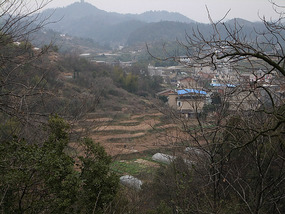
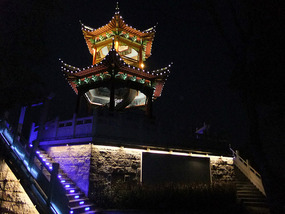

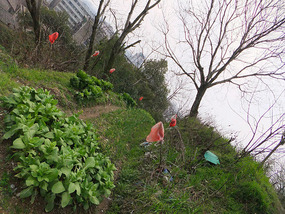
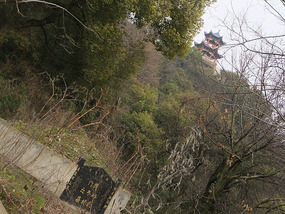

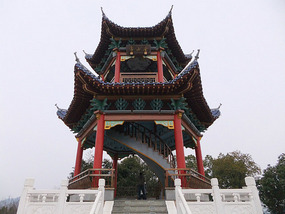
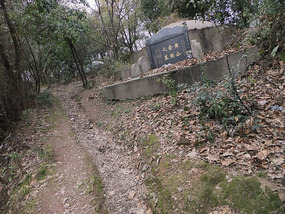
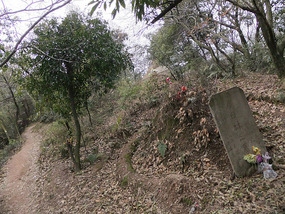
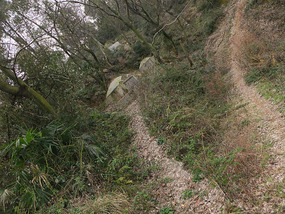
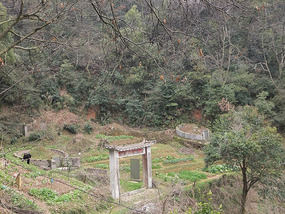
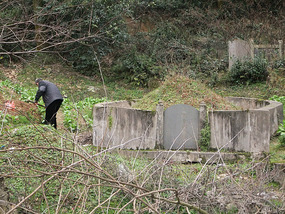
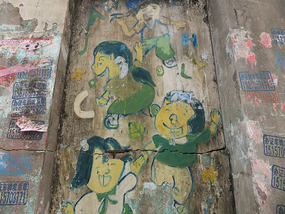
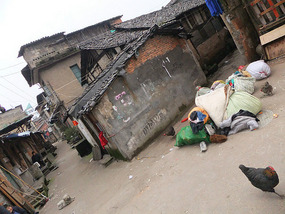
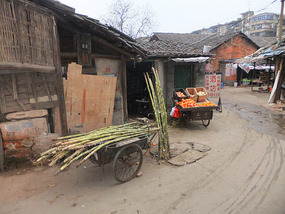

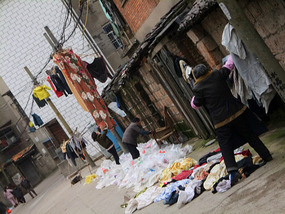
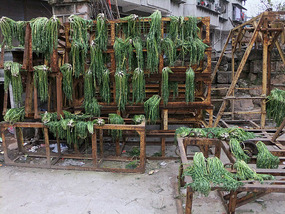
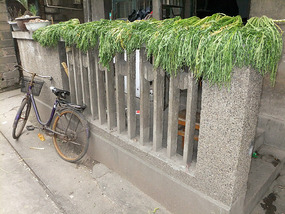
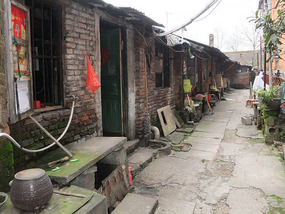

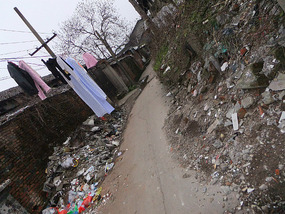

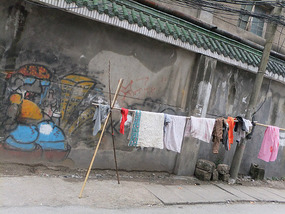

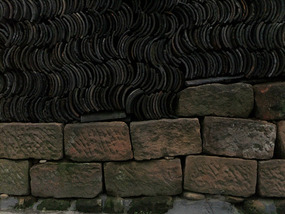
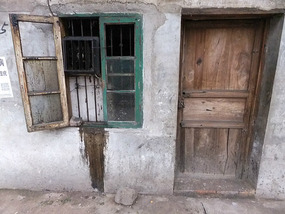
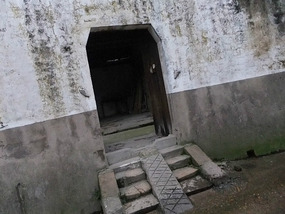
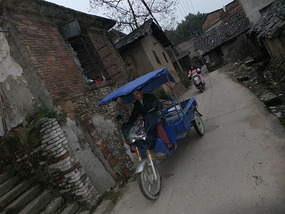

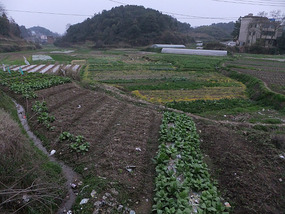

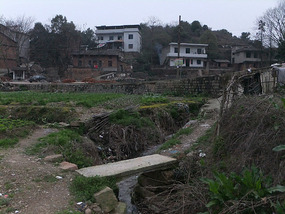
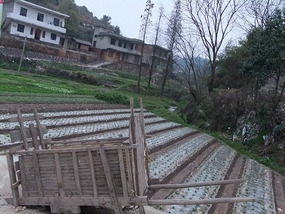
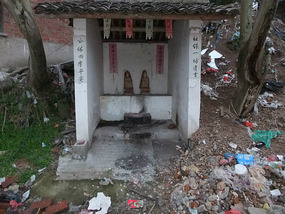
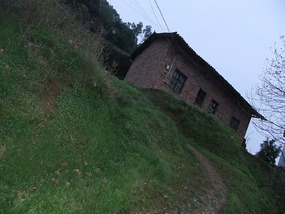
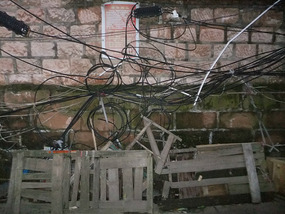
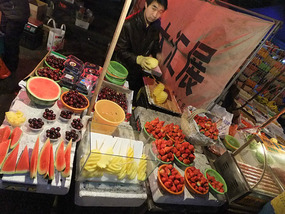

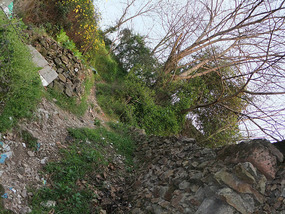
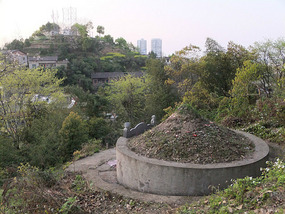
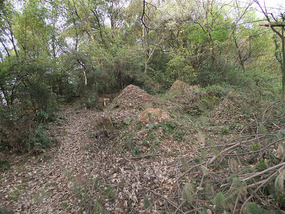
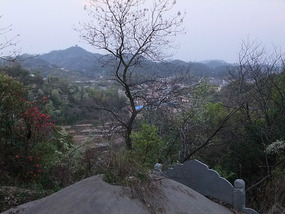
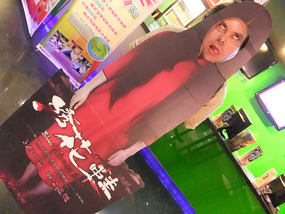
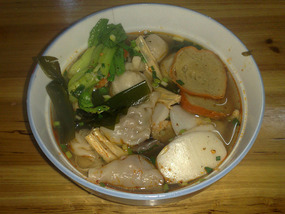
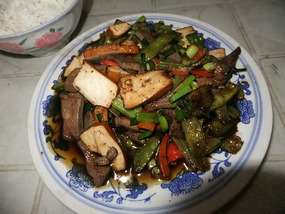
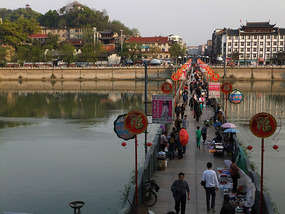

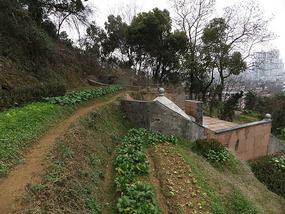
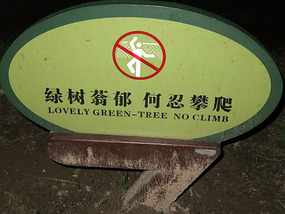
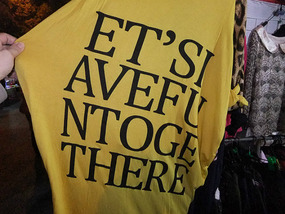
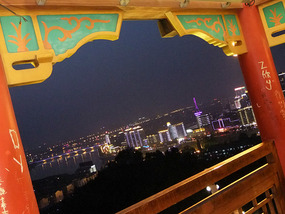
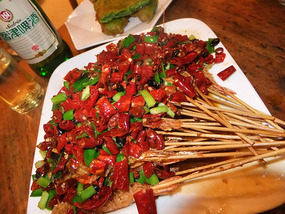
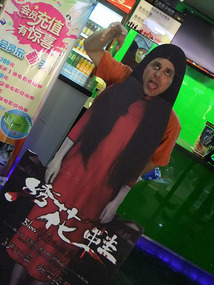
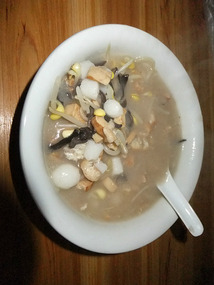

2025-05-22